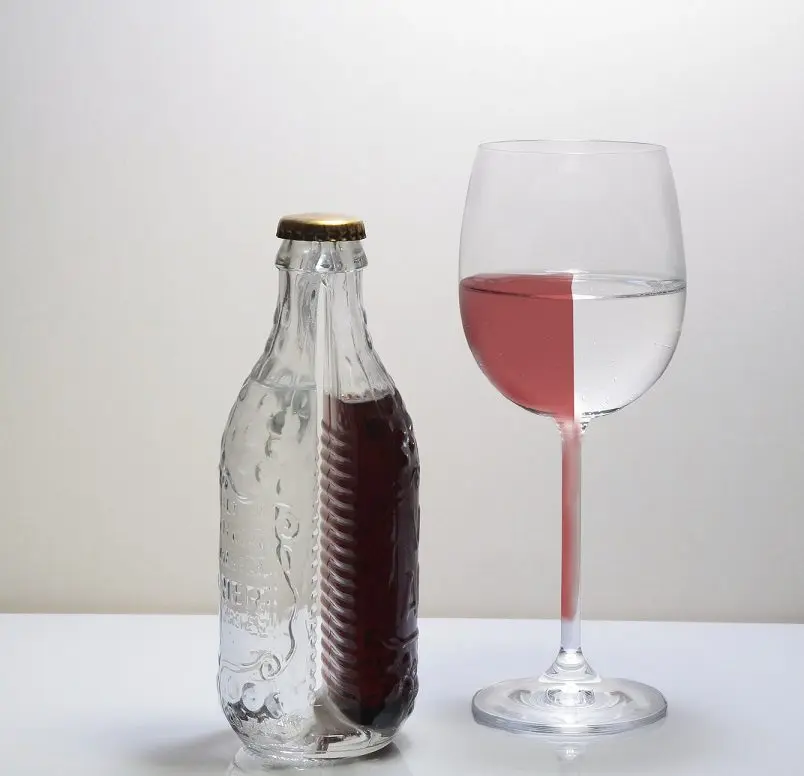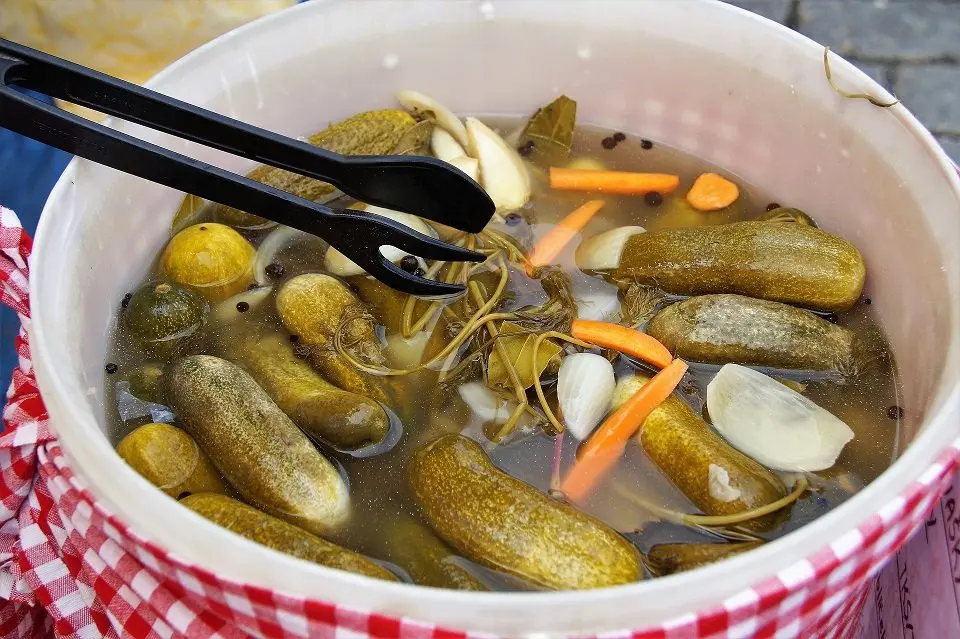Contents
Everyone is familiar with the diuretic effect of alcohol. Ethanol is a strong diuretic that makes the kidneys work harder and causes more urine to flow. With an increase in the dose of alcohol, the cells begin to lose fluid with important vital components, which leads to dehydration. Caffeine acts on the body in much the same way, but with much less intensity. Next, we will figure out how to minimize the harmful effects of alcohol and quickly restore the water-salt balance.
Why alcohol removes water from the body
The diuretic effect of alcohol was mentioned by William Shakespeare in his play Macbeth. This effect of alcoholic beverages is associated with the presence in their composition of methylxanthines – organic compounds that are used in medicine as active components of diuretic drugs. In this regard, in hot weather, it is not recommended to drink even light alcohol in order to avoid excessive fluid loss.
The hormone vasopressin plays an important role in regulating the water-salt balance. The posterior lobe of the pituitary gland is responsible for its production. In the normal state, the brain automatically responds to a decrease in blood and an increase in the concentration of substances in the plasma and conserves water. Alcohol inhibits the mechanism of self-regulation and stops the secretion of vasopressin. Scientists suggest that in addition, ethanol disrupts the reabsorption of fluid by the renal tubules, which also contributes to the outflow of moisture.
Attempts to determine the degree of dehydration from alcohol have been made repeatedly. The aim of the researchers was to determine the safe dose of alcohol in conditions of high temperatures and physical exertion. Statistical analysis was carried out in 2003 in France, when the country experienced abnormal heat. It turned out that 29,3% of victims of heat stroke had a tendency to chronic alcohol abuse, and 16% of patients with alcoholism died.
Scientists tend to believe that excessive alcohol consumption may be a risk factor for diseases associated with hypothermia and dehydration. At the same time, moderation in relation to alcohol, as a rule, does not bear unpleasant consequences even in extreme situations. Experiments have shown that a reasonable amount of alcohol with a sufficient amount of water does not lead to serious violations of the water-salt balance.
Alcohol and water as a hangover prevention
For a long time it was believed that the best way to prevent a hangover was to drink alcohol with water. Scientists have always been wary of this statement, although they agreed that a sufficient amount of liquid contributes to a faster recovery of electrolytes in cells. However, water cannot completely prevent a hangover. The rate of excretion of ethanol breakdown products is largely influenced by good metabolism and sufficient production of enzymes.

In 2016, scientists from the Dutch University of Utrecht conducted a large-scale experiment in which almost 800 Canadian students took part. The test participants ate alcohol with fatty foods and drank a glass of pure non-carbonated water after each serving of alcohol. As a result, the students reported that they felt a little better, but the hangover could not be completely prevented.
The head of the research team, Joris Verster, said in a report that scientists do not fully understand the mechanism of hangovers. More thorough studies of the reaction of the immune system to alcohol can clarify the situation. Dr. Werster noted that drinking water helps with thirst and dry mouth, but it does not cure nausea and headaches. In addition, with the resumption of vasopressin production, the breakdown products of alcohol retain water, which causes tissue swelling.
How to restore the water-salt balance after alcohol
The doubts of scientists do not negate the fact that there are centuries-old proven methods of treating a hangover. First of all, it is required to replenish the salts that were lost the day before during repeated trips to the toilet. In scientific publications, there is evidence of an experiment with isotonic saline, which worked well in a similar situation. At home, an aqueous solution of sodium chloride successfully replaces the brine.

Nausea and vomiting contribute to fluid loss, so the next day after excesses, you should drink more water throughout the next day to restore electrolyte balance. Proven drink recipes:
- cabbage, cucumber and tomato pickles without the addition of vinegar;
- water with sugar or honey (1 tsp per 250 ml);
- ginger tea;
- decoction of chamomile with the addition of eleutherococcus leaves.
Herbal teas not only normalize the amount of fluid in the cells, but also relieve nausea and help stop diarrhea. Over time, scientists will find a drug that will prevent dehydration and treat the effects of excess, but this moment is still far away.
Dr. Michael Bloomfeld of University College London, commenting on the work of Dutch researchers, said that the result of the experiment showed once again that the only way to avoid a hangover today is to drink less.









